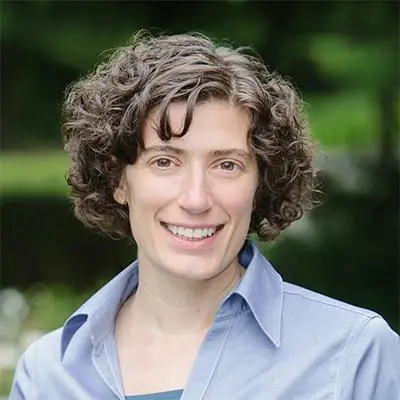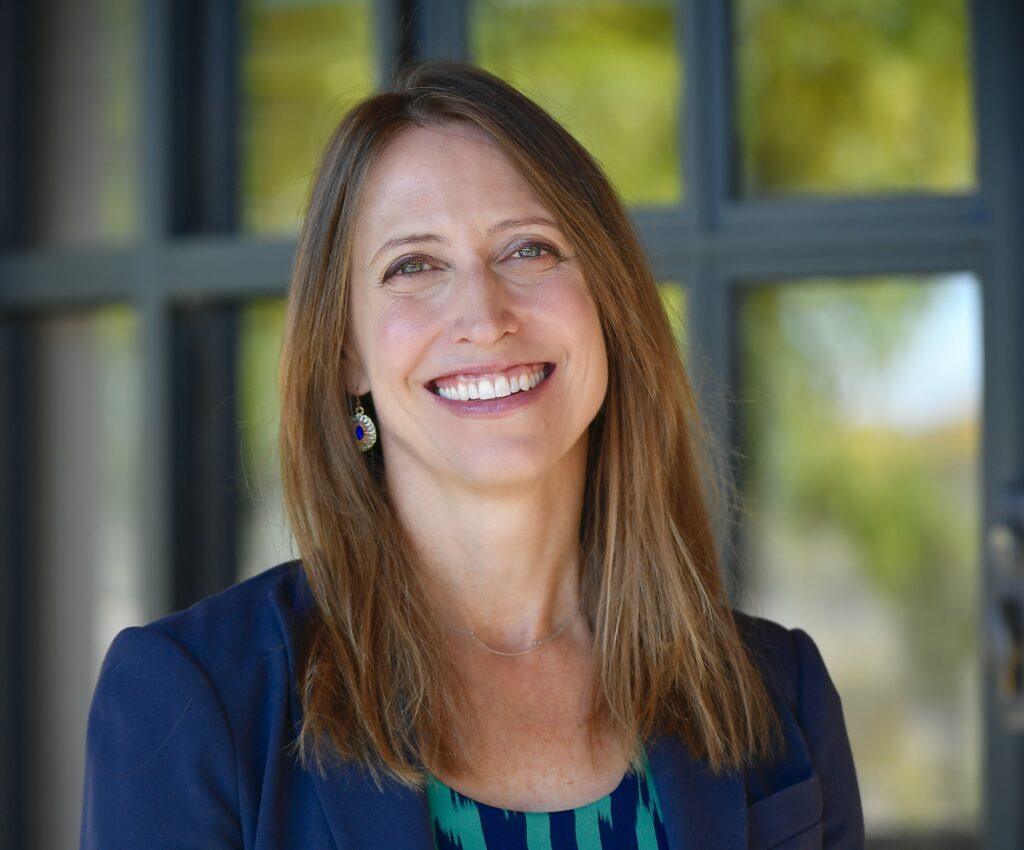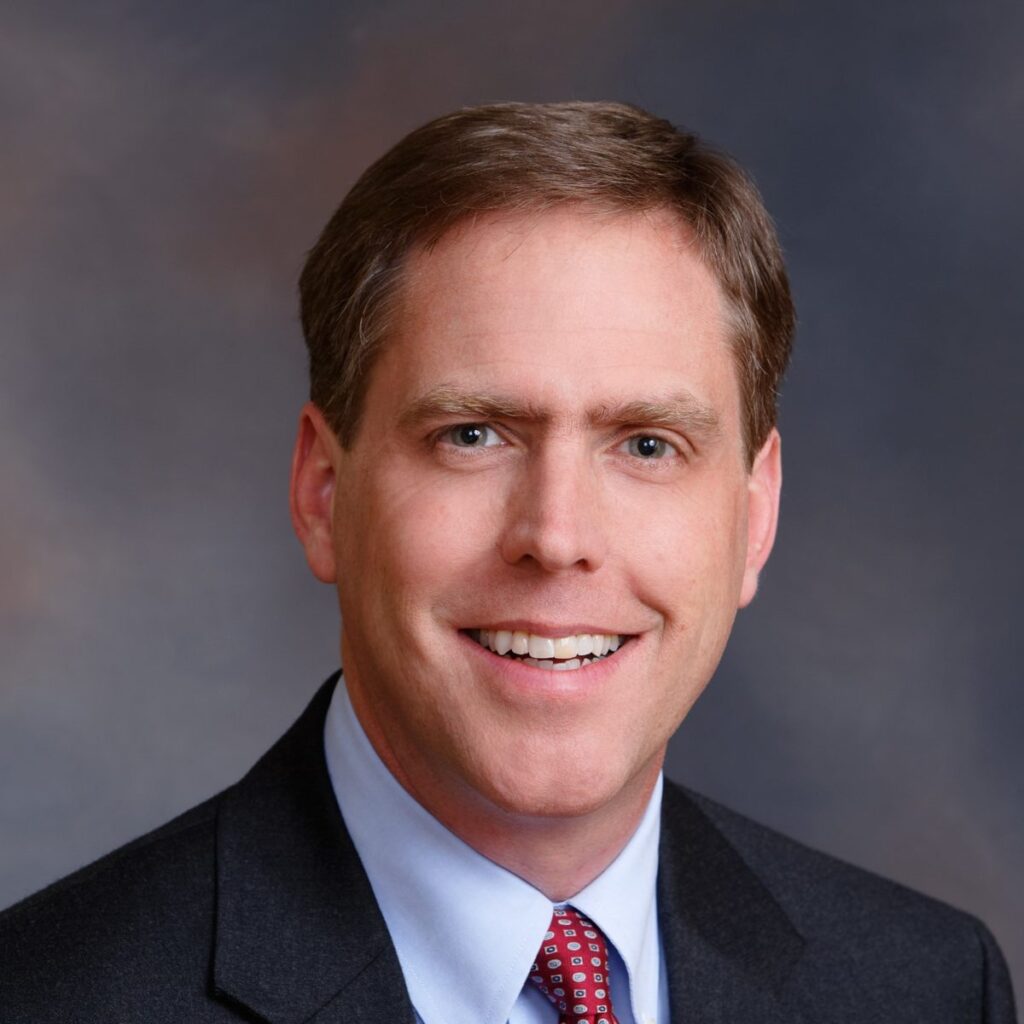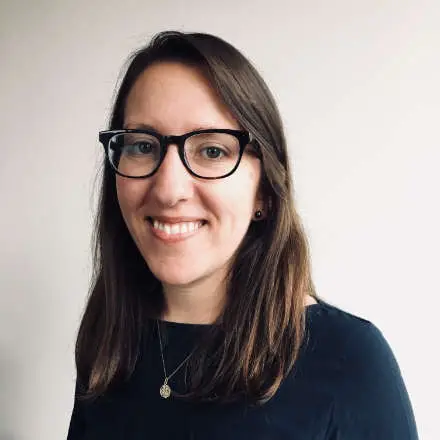- Research Reports
Virtual 1:1 Literacy Tutoring in Oakland Unified School District: Implementation and Effectiveness of a Pilot at Scale
Mary Laski, Calen Clifton
In 2024–25, Oakland Unified School District (OUSD) launched a districtwide pilot of virtual, high-dosage, 1:1 literacy tutoring in partnership with three providers: Hoot, Ignite Reading, and OpenLiteracy.









